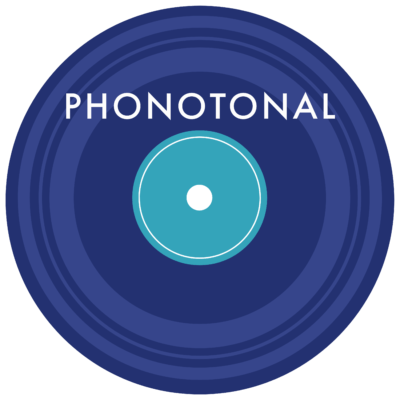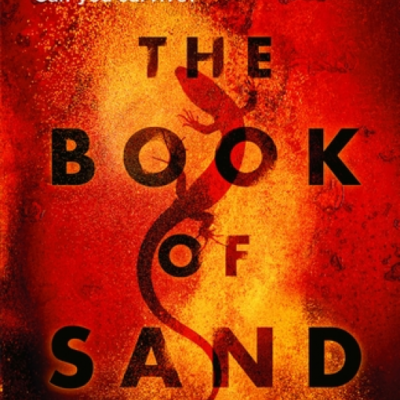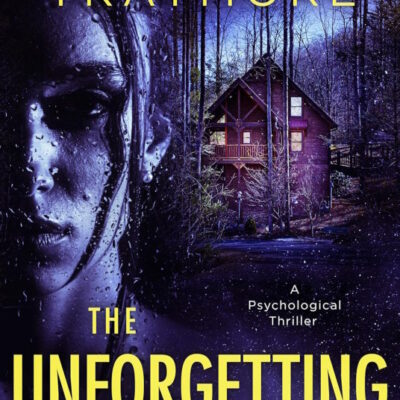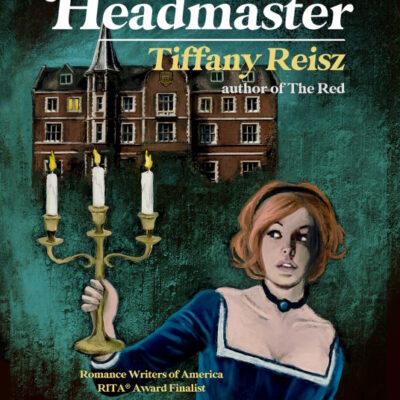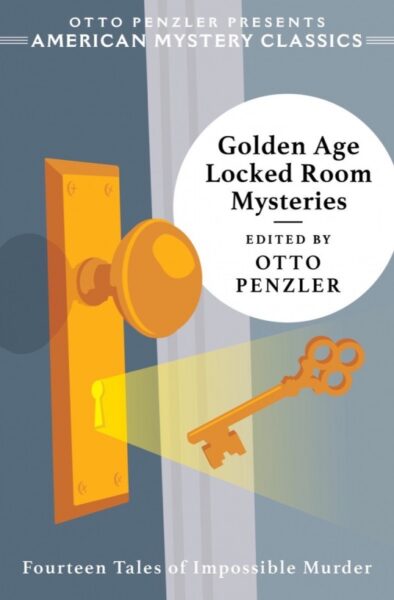
Otto Penzler
Golden Age Locked Room Mysteries
Jump to...
Otto Penzler has gathered together fourteen stories of impossible crimes, all part of the locked-room mystery cannon, despite some great variations. There is a convergence in the origin of this genre, as Sheridan La Fanu created the earliest locked-room in ‘A Passage in the Secret History of an Irish Countess‘ (1838), and Edgar Allen Poe used a locked-room mystery in ‘The Murders in the Rue Morgue‘ (1841), which is credited as the original detective story. This is an illustrious beginning.
Not that I’m the one to properly introduce this genre, as Otto Penzler happens to be an authority on the subject, which is why he has been able to compile a collection of fascinating examples that you may or may not be able to solve in advance of the fictional detectives into whose hands these seemingly supernatural crimes have fallen.
Incidentally, this is one of the features of crime novels that I frequently cite as being fundamental to my personal enjoyment, be it Holmes, Poirot, or Poe and Tilly: It should be possible, yet unlikely, that the reader could work it all out. This is what makes the denouement pay off; the realisation that all the pieces were present if you could just put them together. Most of the stories in Penzler’s collection have this quality and you might solve one or two yourselves along the way.
As well as literal locked-room scenarios (including a prison cell, if you want a very-locked room situation), there are mysteries enacted in plain site, crowded train stations, and bustling cafés. There’s a fantastically flamboyant murder amongst a group of magicians or an identity puzzle where two men make the claim of being a long-lost son. There is a dazzling array of set ups.
Penzler describes this genre as the ultimate manifestation of the detective story, which more than anything shows the passion he has as a collector of these perplexing tales.
For me, as with ghostly tales, these are an example of the power of short writing. Characters are quickly sketched, occasionally with great dexterity on the part of the authors as they quickly set the scene. The focus, though, is on the curious situation that initially baffles all who attempt to decipher the mystery. Like a great comedy routine, which amuses along the way and delivers a satisfying conclusion to bring about a big laugh, the locked-room mystery entertains as it progresses towards an equally fulfilling ‘AHA!’
Otto Penzler’s Golden Age Locked Room Mysteries is published on 5th July 2022.
Publisher’s Synopsis
For devotees of the Golden Age mystery, the impossible crime story represents the period’s purest form: it presents the reader with a baffling scenario (a corpse discovered in a windowless room locked from the inside, perhaps), lays out a set of increasingly confounding clues, and swiftly delivers an ingenious and satisfying solution. During the years between the two world wars, the best writers in the genre strove to outdo one another with unfathomable crime scenes and brilliant explanations, and the puzzling and clever tales they produced in those brief decades remain unmatched to this day.
Among the Americans, some of these authors are still household names, inextricably linked to the locked room mysteries they devised: John Dickson Carr, Ellery Queen, Clayton Rawson, Stuart Palmer. Others, associated with different styles of crime fiction, also produced great works—authors including Fredric Brown, MacKinlay Kantor, Craig Rice, and Cornell Woolrich.
All of these and more can be found in Golden Age Locked Room Mysteries, selected by Edgar Award-winning mystery expert and anthologist Otto Penzler. Featuring a delightful mix of well-known writers and unjustly-forgotten masters, the fourteen tales included herein highlight the best of the American impossible crime story, promising hours of entertainment for armchair sleuths young and old.
Written by Fenton on


